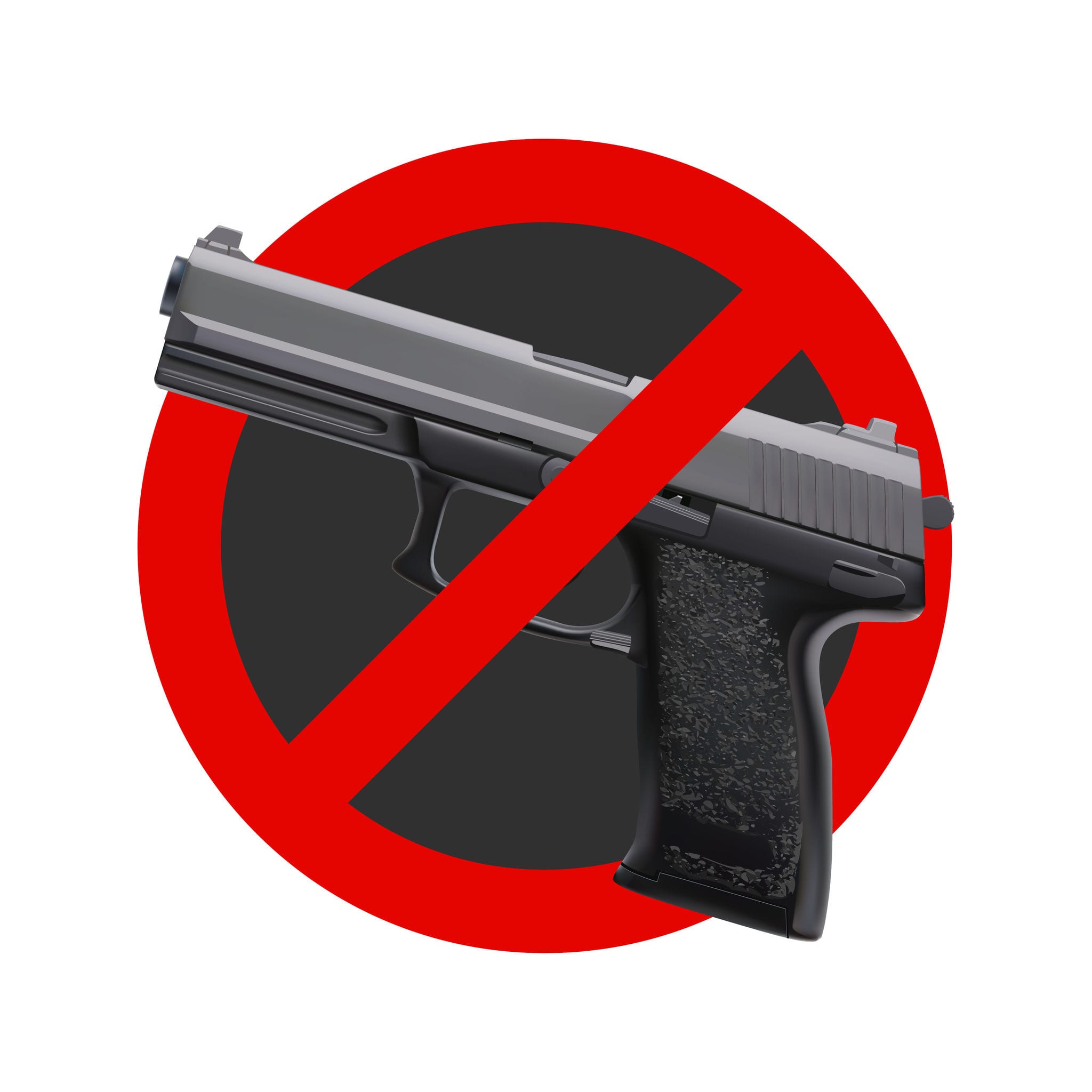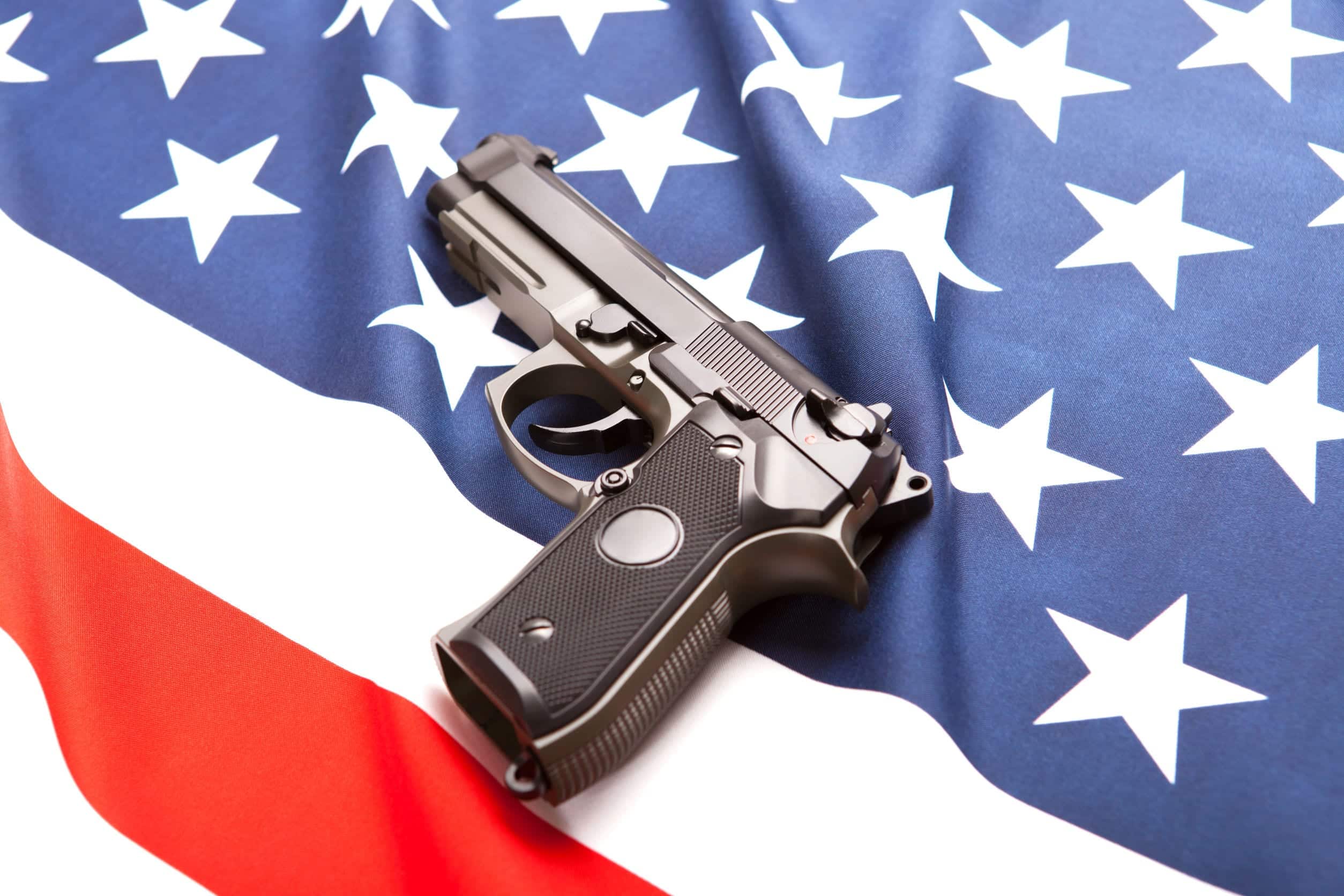- Home
- THE FIRM+
- Criminal Defense+
- CASE RESULTS
- AREAS WE SERVE+
- FAQ’s
- Blog
- Contact
AZHARI LLC BLOG
Mar. 1 2019
Are You “Too Dangerous” for a Gun in Illinois?

Posted By: Sami Azhari
Category:
Illinois gun control laws have historically been less restrictive than many other states, but new regulations effective January 1 of this year are tightening things up.
One new law covers a couple of different adjustments to waiting periods. There is now a 72-hour waiting period on all firearms (not just handguns), and the current waiting period exemption for firearm purchases by non-Illinois residents from Illinois gun shows has been eliminated altogether.
The second law, however, actually blurs the lines on when a person’s firearm may be taken from them, and by whom. Specifically, it allows family members or police to file a restraining order that can eliminate that person’s ability to purchase, possess, or own a gun if he or she is deemed “too dangerous.” Moreover, any guns the person currently owns or possesses must be turned over to the state.
If you are facing recent gun crime charges, and any of these changes in the law have negatively impacted the way you believe they should be handled, an experienced Illinois gun crimes attorney can provide the aggressive defense you need for the most favorable outcome.
One of the most important questions that has arisen due to these new laws? What exactly makes a person “too dangerous” for a gun in Illinois? To answer that question, we’re going to take a look back at how things were before the law, then let you know what has changed.
Who Was “Too Dangerous” Prior to January 1?
Generally speaking, federal law applies to the citizens of Illinois as well, and largely determines which types of firearms may be owned legally.
There are two primary pieces of legislation that outline the majority of federal gun regulation: The National Firearms Act, enacted in 1934 to curtail gun possession and trade associated with gangland crimes of that era, and the Brady Handgun Violence Prevention Act, a direct response to the assassination attempt on President Ronald Reagan’s life in the ‘80s.
At the state level, gun laws tend to regulate who can purchase or possess them, how they can be purchased, and where the firearms can be used.
In Illinois, those who were classified as “too dangerous” and automatically prohibited from owning a firearm included:
- Anyone under the age of 18 caught concealing a weapon
- Anyone under the age of 21 who had been convicted of a misdemeanor outside of traffic offenses or adjudged delinquent
- Anyone addicted to narcotics
- Anyone who had been a patient in a mental hospital in the last five years
- Anyone clinically diagnosed with mental disabilities
- Anyone currently confined within a penal institution
- Anyone convicted of a felony
The 72-hour waiting period allows the time needed for background checks and confirmation that a potential buyer is not disqualified by any of the outlined points above. Between that and all of the other long-standing Illinois gun laws pertaining to sales, purchases, and where firearms can be carried, it was already quite a bit of regulation.
Who’s “too dangerous” now?
How Does the New Law Redefine “Dangerousness” in Illinois?
Short answer: it doesn’t.
How’s that?
At this time, there is no hard definition of “too dangerous” outlined within the text of the new law. How a person is defined as such is up to the judge hearing their case.
In other words, the law is incredibly, ridiculously gray.
Not surprisingly, there is quite a bit of public concern the new law could become a slippery slope when it comes to what qualifies someone as “too dangerous.” Where does it end? What are the factors judges must consider?
If a person is deemed too dangerous, the law allows family or police to revoke a person’s right to own a firearm without their knowledge, which could in some cases tread particularly close to infringement on their second amendment rights.
How will all of this play out? How will it affect someone accused of a gun crime in Illinois – any gun crime? – only time will tell.
Contact a Knowledgeable Attorney Today
Illinois’ gun laws are evolving, and recent changes could impact your rights. If you’re concerned about how these new regulations affect you, or if you’re facing gun crime charges, it’s crucial to have a knowledgeable attorney by your side. Contact our office today to ensure your rights are protected and to seek the best possible outcome for your case.
About the Author
Sami Azhari has been working as a lawyer since 2007, after receiving his Juris Doctor from the Michigan State University College of Law. He has handled numerous state and federal cases, and is known throughout the Chicago and Rolling Meadows area for providing his clients with high-quality, skilled representation. He has been recognized by SuperLawyers, the National Trial Lawyers Association, and other notable organizations, and has spoken at a number of legal conferences.


























































